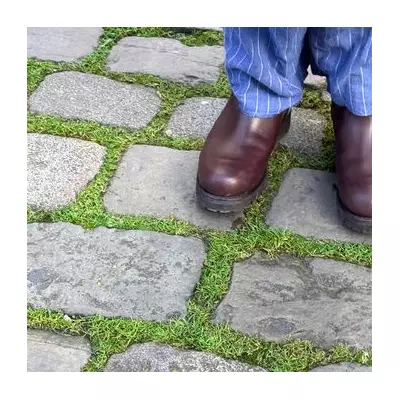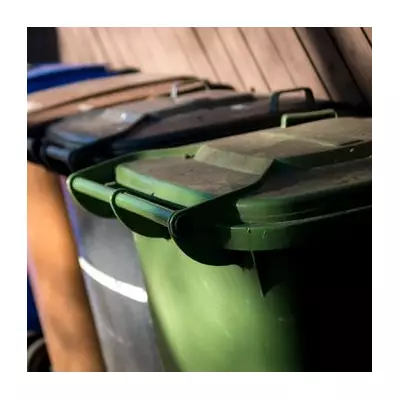
BBC Gardeners' World stalwart Monty Don has issued a critical piece of advice to the nation's gardeners, urging them to immediately halt a common autumnal chore that is doing more harm than good.
The beloved horticulturist, a fixture on our screens for decades, has taken a firm stand against the traditional practice of relentlessly clearing fallen leaves from lawns and flower beds. He argues that this well-intentioned habit is devastating for the delicate ecosystem thriving just beneath our feet.
The Hidden World in the Leaf Litter
In his latest update to fans, Monty passionately explained that a pristine, leaf-free garden is a barren one. "This is not rubbish; this is not a mess. This is life itself," he declared, referring to the colourful blanket of autumn leaves.
This natural layer acts as a vital winter refuge for a host of cherished garden inhabitants. Creatures such as hibernating bumblebees, resourceful beetles, and the delicate eggs of countless insects rely on the insulation and protection provided by fallen leaves to survive the harsh winter months. By raking them away, we are essentially evicting these beneficial critters from their homes.
Beyond Wildlife: A Boost for Your Soil
Monty's wisdom extends beyond providing shelter for fauna. He emphasises the profound benefits for your garden's soil health. As the leaves slowly decompose, they create a rich, nutrient-dense humus. This natural fertiliser:
- Dramatically improves soil structure, making it easier for plant roots to grow.
- Enhances moisture retention, reducing the need for watering.
- Suppresses weeds by blocking light from reaching weed seeds.
- Provides a steady, slow-release feed for your plants, completely free of charge.
What Should You Do Instead?
So, if not raking and bagging, what is the gardener to do? Monty recommends a simple, laissez-faire approach. Let the leaves lie where they fall on your beds and borders, allowing nature to take its course.
For leaves that settle on lawns or paths, simply gather them up and move them to a corner of the garden to create a dedicated wildlife pile, or spread them directly onto your flower beds as a protective mulch. This way, you're working with nature, not against it, to create a healthier, more vibrant, and sustainable garden for the coming year.





